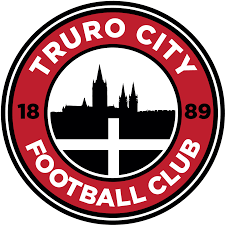Nuno Espírito Santo: A Rising Star in Football Management

Introduction
Nuno Espírito Santo has emerged as a significant figure in football management, transforming teams and making notable strides in his career. His coaching journey, marked by innovation and tactical acumen, has garnered attention from clubs across Europe. Understanding his strategies and career moves offers insight into modern football dynamics.
Career Overview
Nuno began his managerial career at the lower tiers of Portuguese football, before achieving notable success with Valencia CF in La Liga, where he notably led the team to a Champions League spot in the 2014-2015 season. He then took charge of Wolverhampton Wanderers in the English Championship, guiding them to promotion and a subsequent successful campaign in the Premier League.
Under his leadership, Wolves adopted a potent style of play, capitalising on tactical flexibility and resilience. Nuno’s ability to cultivate young talent and instil a winning mentality proved vital as the team finished seventh in their first season back in the Premier League, securing a place in the Europa League.
Recent Developments
After leaving Wolves in 2021, Nuno took the helm at Tottenham Hotspur. Though his tenure was brief, it showcased Nuno’s adaptability to high-pressure environments in the Premier League. Following his departure from Spurs, he returned to management with Al Hilal in Saudi Arabia, where he continues to influence the landscape of football management. His appointment is seen as part of a broader strategy by clubs in the region to enhance the competitiveness of their leagues.
Significance in Football Today
Nuno Espírito Santo’s commitment to evolving his coaching style and embracing modern methodologies sets him apart in a league filled with managerial talent. The rise of coaches like Nuno highlights the changing landscape of football management, where clubs increasingly look for adaptable leaders who can inspire teams and maximise player performance. His strategic approaches, such as employing flexible formations and prioritising player development, reflect broader trends within contemporary football.
Conclusion
As Nuno Espírito Santo continues to evolve in his managerial career, his contributions to football remain significant. With a proven track record and a dedication to improvement, he is likely to remain a prominent figure in managerial circles. Fans and football analysts alike will be watching closely how his current strategies at Al Hilal unfold and potentially influence football governance in Europe. Looking forward, Nuno’s journey exemplifies the blend of traditional coaching values and modern tactical innovation, making him an essential character in the future of football management.








